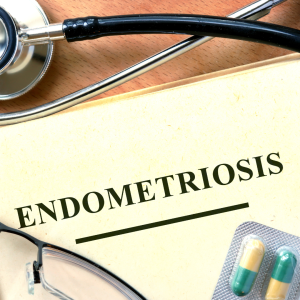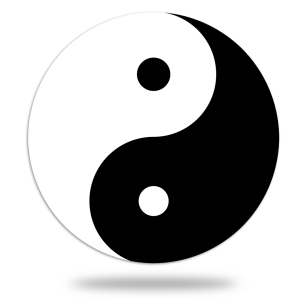What is Endometriosis?
Endometriosis affects roughly 10% (190 million) of reproductive age women and girls. It is a chronic progressive condition in which the cells from the lining of the uterus, endometrium, grow in other parts of the body. It most commonly occurs in the
pelvis and can affect women’s reproductive organs which leads to sub-fertility in women.
 How does endometriosis affect fertility?
How does endometriosis affect fertility?
The peritoneal cavity of a woman, the space within the abdomen that contains the intestines, stomach, spleen and liver, normally has a large number of macrophages. These macrophages are also called killer cells. One of their jobs is to destroy sperms that swim out of the tubes into the abdomen.
When there is endometriosis present, the macrophages appear to be more activated and can enter the fallopian tubes and kill sperm before they had a chance to meet the egg. In women with partners with poor sperm counts this can be disastrous, leaving no sperm at all to fertilise the egg.
In addition, certain types of superficial endometriosis has also been shown to have glands similar to the endometrium which secrete mucus. This mucus can coat the fimbriae (the end of the fallopian tubes that catch the egg) or the ovary, preventing the transfer of the egg to the tube and which further compromises fertility.
Treatment with Western medicine
Surgery is the treatment of choice for severe endometriosis to remove the lesions. If successful, it would greatly improve the chances of conception if endometriosis was the only cause of the infertility.
For milder forms of endometriosis there are also a number of different drug regimens that work to mimic pregnancy or induce temporary menopause. In these cases, the menstrual cycle will be halted and cause the lesions to shrink or even disappear.
How does Traditional Chinese Medicine view Endometriosis?
 The term we use for endometriosis Chinese medicine is Blood Stagnation. Blood is where it shouldn’t be and it is not moving. So the primary aim of treatment is to remove this Blood stasis.
The term we use for endometriosis Chinese medicine is Blood Stagnation. Blood is where it shouldn’t be and it is not moving. So the primary aim of treatment is to remove this Blood stasis.
Symptoms such as severe period pain, clotty menstrual flow and palpable nodules or masses in the abdomen all point to the diagnosis of stagnant Blood.
Clinically many women with endometriosis have underlying pathologies, ie the reasons that their blood becomes stagnant. We often see symptoms and signs of Yang deficiency which is the warming energy in the body. A lack of warmth can result in cold obstruction which reduces blood flow and thus creates blood stasis. Symptoms of this Yang deficiency can include an aversion to cold, urinary frequency, lower back pain, foggy or heavy sensation in the body, obesity and so on.
Other common associated patterns are Spleen deficiency and Liver Qi stagnation which lead to other symptoms that are very common with endometriosis: low energy levels, digestive complaints and emotional depression or irritability.
How can Chinese medicine support with endometriosis?
As we discussed above, from a Chinese medicine point of view there are pathologies underlying the appearance of endometriosis. When you come in for your assessment we will find out what these pathologies are in your case and start working on rebalancing your system. The aim is to enhance the general flow of energy and blood to support a better hormone balance and improved quality of the eggs.
So if you are diagnosed with endometriosis or have some of the above symptoms and are concerned about sub-fertility, please come and see one of us for an assessment.
How can I make an appointment?

At Natural Solutions Acupuncture we have a keen interest in supporting women with endometriosis and fertility. All of our team members are qualified and knowledgeable regarding endometriosis, you’re in good hands. You can make an appointment online here or you can give us a call on 0414 067 874.
